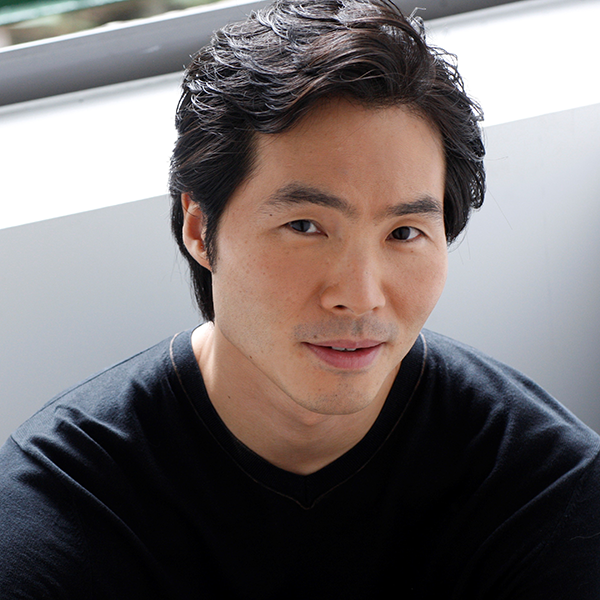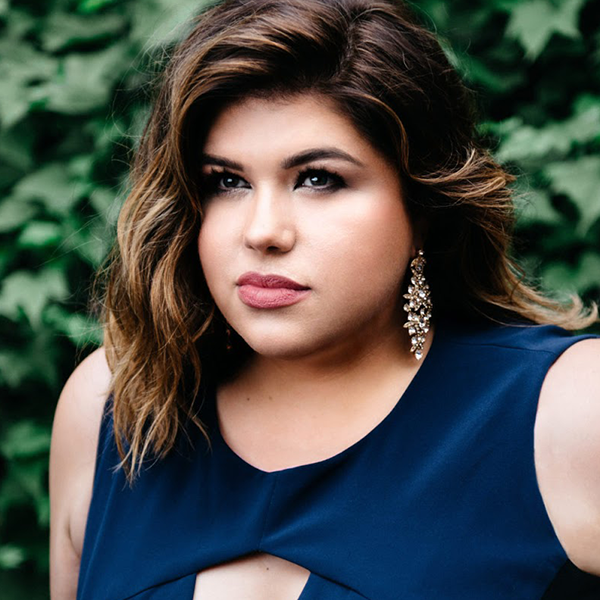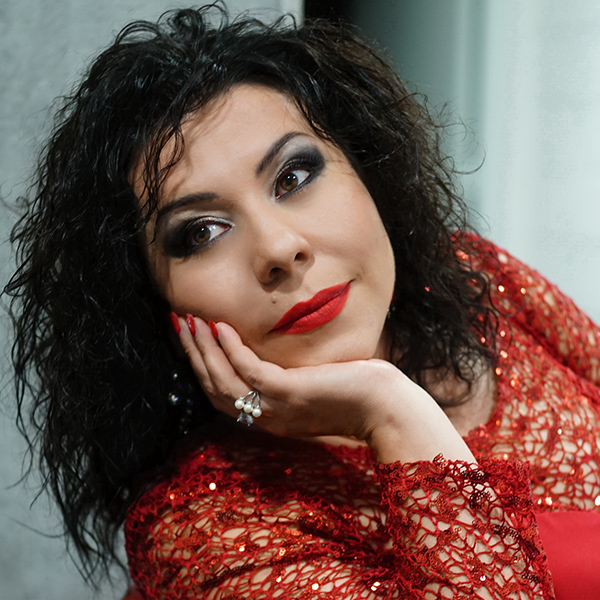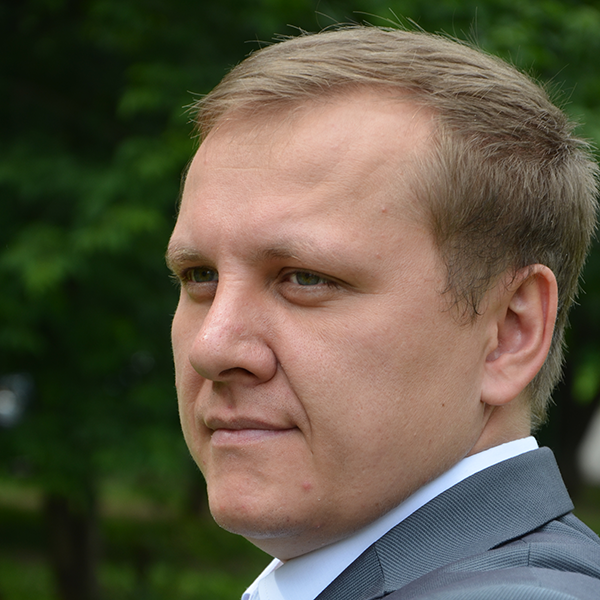Il Trovatore
Meet the singers

Il Trovatore
Meet the singers

It was legendary tenor Enrico Caruso who famously joked that all you need for a successful performance of Verdi’s Il Trovatore is the four greatest singers in the world.
While the lead vocalists at the 1853 premiere – Carlo Baucardé (Manrico), Rosina Penco (Leonora), Emilia Goggi (Azucena) and Giovanni Guicciardi (Count di Luna) – may not exactly be household names today, over the last 170 years, every singer worth his or her salt has performed in this much-loved and most tuneful of operas – think Gigli, Pavarotti, Callas, Sutherland, Merrill, Milnes, Verrett, Horne etc.
So, who is topping the bill in our brand-new production, directed by Davide Livermore?
Yonghoon Lee (Manrico)
Born: Seoul, South Korea.
Biography: Yonghoon Lee is admired worldwide for his glorious, ringing top notes and the kind of vocal horsepower that can fill the largest of auditoriums. A student of Seoul National University and Mannes College in New York, his many awards include first prize at the 2005 Licia Albanese-Puccini Foundation International Vocal Competition. In 2007 he made his international debut as the headstrong Don Carlo in Verdi’s opera of the same name at the Teatro Municipal in Santiago. Since then, he has made important debuts all over the world, including at New York’s Metropolitan Opera in the same role in 2010, and in 2013 he debuted as Tosca’s beloved Cavaradossi at both London’s Royal Opera House and for Opera Australia. Along the way he’s worked with every major conductor, toured with the Mariinsky Opera to Japan, and even been directed in a new production of Tosca by the late Franco Zeffirelli. In his spare time, he is a voice professor at Seoul National University.
Signature roles: Rodolfo in La Bohème, Calaf in Turandot, and recently the title role in Verdi’s Otello.
Who does he play in Il Trovatore: Manrico, the revolutionary soldier and dashing troubadour, loved by Leonora. Loyal to Azucena, even when he discovers she is not his real mother, it is his attempts to save both women he loves from the vengeful Count di Luna that form the backbone of the opera.
What the papers say: “In Cavalleria Rusticana, the tenor Yonghoon Lee gave a full-blooded, dramatically intense and vocally elegant performance as Turiddu.” The New York Times, 2016.

Yonghoon Lee (Manrico)

Born: Seoul, South Korea.
Biography: Yonghoon Lee is admired worldwide for his glorious, ringing top notes and the kind of vocal horsepower that can fill the largest of auditoriums. A student of Seoul National University and Mannes College in New York, his many awards include first prize at the 2005 Licia Albanese-Puccini Foundation International Vocal Competition. In 2007 he made his international debut as the headstrong Don Carlo in Verdi’s opera of the same name at the Teatro Municipal in Santiago. Since then, he has made important debuts all over the world, including at New York’s Metropolitan Opera in the same role in 2010, and in 2013 he debuted as Tosca’s beloved Cavaradossi at both London’s Royal Opera House and for Opera Australia. Along the way he’s worked with every major conductor, toured with the Mariinsky Opera to Japan, and even been directed in a new production of Tosca by the late Franco Zeffirelli. In his spare time, he is a voice professor at Seoul National University.
Signature roles: Rodolfo in La Bohème, Calaf in Turandot, and recently the title role in Verdi’s Otello.
Who does he play in Il Trovatore: Manrico, the revolutionary soldier and dashing troubadour, loved by Leonora. Loyal to Azucena, even when he discovers she is not his real mother, it is his attempts to save both women he loves from the vengeful Count di Luna that form the backbone of the opera.
What the papers say: “In Cavalleria Rusticana, the tenor Yonghoon Lee gave a full-blooded, dramatically intense and vocally elegant performance as Turiddu.” The New York Times, 2016.

Leah Crocetto (Leonora)
Born: Adrian, United States.
Biography: With a creamy legato and sparkling vocal agility, lyric soprano Leah Crocetto is as much at home in bel canto roles by Bellini and Rossini as she is in Puccini and even singing Poulenc. A native of Adrian, Michigan, she was born into an Italian-American family with a typical passion for opera. She studied acting at Siena Heights University and voice at Moody Bible Institute before joining the Sarasota Opera Apprentice Artists Program and then becoming a member of San Francisco Opera’s Merola Opera Program. Important debuts have included her first appearance at New York’s Metropolitan Opera in 2015 as Liù in Turandot and her Opera Australia debut as Aida in Davide Livermore’s visually vibrant new staging last year. On the concert platform, she’s worked with conductors from Riccardo Muti to Gustavo Dudamel, and in 2011, she represented the United States at the BBC Cardiff Singer of the World Competition, where she was a finalist in the Song Competition.
Signature roles: Mimì in La Bohème and the title roles in Verdi’s Aida and Luisa Miller.
Who does she play in Il Trovatore: Leonora, a Spanish noblewoman who is in love with (and loved by) the soldier and troubadour Manrico. Alas, she’s also caught the eye of the lustful Count di Luna with disastrous consequences for all concerned.
What the papers say: “The four major roles in Il Trovatore are arduous and demanding, with familiar arias that provide a real proving ground for singers. On Saturday, the opening-night audience heard the resplendent soprano Leah Crocetto as Leonora, offering some thrilling high notes and a performance that combined power and easy facility.” Seattle Times, 2019
Leah Crocetto (Leonora)

Born: Adrian, United States.
Biography: With a creamy legato and sparkling vocal agility, lyric soprano Leah Crocetto is as much at home in bel canto roles by Bellini and Rossini as she is in Puccini and even singing Poulenc. A native of Adrian, Michigan, she was born into an Italian-American family with a typical passion for opera. She studied acting at Siena Heights University and voice at Moody Bible Institute before joining the Sarasota Opera Apprentice Artists Program and then becoming a member of San Francisco Opera’s Merola Opera Program. Important debuts have included her first appearance at New York’s Metropolitan Opera in 2015 as Liù in Turandot and her Opera Australia debut as Aida in Davide Livermore’s visually vibrant new staging last year. On the concert platform, she’s worked with conductors from Riccardo Muti to Gustavo Dudamel, and in 2011, she represented the United States at the BBC Cardiff Singer of the World Competition, where she was a finalist in the Song Competition.
Signature roles: Mimì in La Bohème and the title roles in Verdi’s Aida and Luisa Miller.
Who does she play in Il Trovatore: Leonora, a Spanish noblewoman who is in love with (and loved by) the soldier and troubadour Manrico. Alas, she’s also caught the eye of the lustful Count di Luna with disastrous consequences for all concerned.
What the papers say: “The four major roles in Il Trovatore are arduous and demanding, with familiar arias that provide a real proving ground for singers. On Saturday, the opening-night audience heard the resplendent soprano Leah Crocetto as Leonora, offering some thrilling high notes and a performance that combined power and easy facility.” Seattle Times, 2019
Elena Gabouri (Azucena)
Born: St. Petersburg, Russia.
Biography: Elena Gabouri has a rich, velvety mezzo soprano voice that can switch effortlessly from voluptuous to vengeful at the drop of a hat. Born in St. Petersburg, the Russian-French mezzo soprano studied at the St. Petersburg National Conservatoire before going on to the Paris National Conservatoire and the Cortot School. The winner of numerous vocal competitions, her international career took off in 2012 when she made her debut at the Arena di Verona as the vengeful Egyptian princess Amneris in Verdi’s Aida, a role she has performed all over the world. Her repertoire ranges from Massenet’s Cinderella and Ravel’s L’heure espagnole to modern works like Peter Eötvös’ Le Balcon. In 2018 she made both her American debut and her Opera Australia debut as Amneris in Aida. Since then, she has been a regular visitor to Sydney and Melbourne, most recently singing the scheming Ortrud in Wagner’s Lohengrin opposite Jonas Kaufmann earlier this year.
Signature roles: Amneris in Aida, the title role in Carmen, and Kabanicha in Janáček’s Káťa Kabanová.
Who does she play in Il Trovatore: The Romani woman Azucena, whose mother was burned as a witch by the Count di Luna’s father. Intending at the time to murder the old count’s child, Azucena made a fatal mistake, accidentally throwing her own baby into the flames and thus igniting the opera’s unstoppable chain of revenge and retribution.
What the papers say: “Elena Gabouri is every bit as bold – and loud – as Amneris. Not only does she know how to swish a cape with all the flair of Gloria Swanson, she’s an absolute firecracker of a singer, with plenty of gutsy chest tones fleshing out the character.” Timeout Sydney, 2018.

Elena Gabouri (Azucena)

Born: St. Petersburg, Russia.
Biography: Elena Gabouri has a rich, velvety mezzo soprano voice that can switch effortlessly from voluptuous to vengeful at the drop of a hat. Born in St. Petersburg, the Russian-French mezzo soprano studied at the St. Petersburg National Conservatoire before going on to the Paris National Conservatoire and the Cortot School. The winner of numerous vocal competitions, her international career took off in 2012 when she made her debut at the Arena di Verona as the vengeful Egyptian princess Amneris in Verdi’s Aida, a role she has performed all over the world. Her repertoire ranges from Massenet’s Cinderella and Ravel’s L’heure espagnole to modern works like Peter Eötvös’ Le Balcon. In 2018 she made both her American debut and her Opera Australia debut as Amneris in Aida. Since then, she has been a regular visitor to Sydney and Melbourne, most recently singing the scheming Ortrud in Wagner’s Lohengrin opposite Jonas Kaufmann earlier this year.
Signature roles: Amneris in Aida, the title role in Carmen, and Kabanicha in Janáček’s Káťa Kabanová.
Who does she play in Il Trovatore: The Romani woman Azucena, whose mother was burned as a witch by the Count di Luna’s father. Intending at the time to murder the old count’s child, Azucena made a fatal mistake, accidentally throwing her own baby into the flames and thus igniting the opera’s unstoppable chain of revenge and retribution.
What the papers say: “Elena Gabouri is every bit as bold – and loud – as Amneris. Not only does she know how to swish a cape with all the flair of Gloria Swanson, she’s an absolute firecracker of a singer, with plenty of gutsy chest tones fleshing out the character.” Timeout Sydney, 2018.

Maxim Aniskin (Count di Luna)
Born: Novopolotsk, Belarus.
Biography: With his punchy, yet burnished tone and authoritative manner, Belarussian baritone Maxim Aniskin is a Verdi baritone par excellence. He graduated from the Moscow State Ippolitov-Ivanov Pedagogical Music Institute, winning First Prize in the Ippolitov-Ivanov Russian National Competition in 2005. He went on to join the Novosibirsk Theatre of Opera and Ballet where he made his debut in 2006 singing Yeletsky in Tchaikovsky’s The Queen of Spades. Four years later he made his Bolshoi Theatre debut as Marcello in La Bohème and has been a regular guest soloist there ever since. He made his Metropolitan Opera debut in 2014 as Riccardo in Bellini’s I Puritani, returning to New York as Count Robert in Tchaikovsky’s Iolanta in 2015 conducted by Valery Gergiev. At home, his career has thrived on the great Russian classics, including works by Borodin, Rimsky-Korsakov and Tchaikovsky, and especially his appearances in The Queen of Spades, Prince Igor and Eugene Onegin, but he has also embraced the French and Italian repertoire from Carmen and Rigoletto to Madama Butterfly and Tosca.
Signature roles: Renato in Un Ballo in Maschera, Robert in Tchaikovsky’s Iolanta, and the title role in Verdi’s Macbeth.
Who does he play in Il Trovatore: The dastardly Count di Luna, a Spanish nobleman leading a national army against Manrico’s revolutionary forces. The opera is driven by the count’s determination to find and take revenge on the woman he believes killed his infant brother and his various attempts to kidnap and marry the beautiful Leonora.
What the papers say: “Maxim Aniskin sang Vaudémont’s companion Robert [in a Madrid staging of Tchaikovsky’s Iolanta] with a fine, fresh-sounding baritone.” The New York Times, 2012.
Maxim Aniskin (Count di Luna)

Born: Novopolotsk, Belarus.
Biography: With his punchy, yet burnished tone and authoritative manner, Belarussian baritone Maxim Aniskin is a Verdi baritone par excellence. He graduated from the Moscow State Ippolitov-Ivanov Pedagogical Music Institute, winning First Prize in the Ippolitov-Ivanov Russian National Competition in 2005. He went on to join the Novosibirsk Theatre of Opera and Ballet where he made his debut in 2006 singing Yeletsky in Tchaikovsky’s The Queen of Spades. Four years later he made his Bolshoi Theatre debut as Marcello in La Bohème and has been a regular guest soloist there ever since. He made his Metropolitan Opera debut in 2014 as Riccardo in Bellini’s I Puritani, returning to New York as Count Robert in Tchaikovsky’s Iolanta in 2015 conducted by Valery Gergiev. At home, his career has thrived on the great Russian classics, including works by Borodin, Rimsky-Korsakov and Tchaikovsky, and especially his appearances in The Queen of Spades, Prince Igor and Eugene Onegin, but he has also embraced the French and Italian repertoire from Carmen and Rigoletto to Madama Butterfly and Tosca.
Signature roles: Renato in Un Ballo in Maschera, Robert in Tchaikovsky’s Iolanta, and the title role in Verdi’s Macbeth.
Who does he play in Il Trovatore: The dastardly Count di Luna, a Spanish nobleman leading a national army against Manrico’s revolutionary forces. The opera is driven by the count’s determination to find and take revenge on the woman he believes killed his infant brother and his various attempts to kidnap and marry the beautiful Leonora.
What the papers say: “Maxim Aniskin sang Vaudémont’s companion Robert [in a Madrid staging of Tchaikovsky’s Iolanta] with a fine, fresh-sounding baritone.” The New York Times, 2012.
